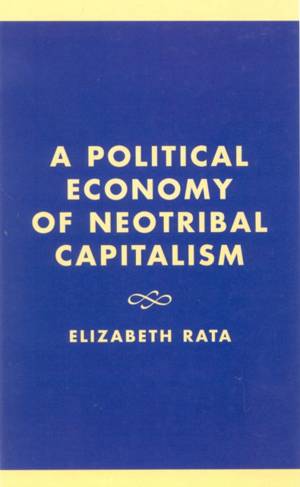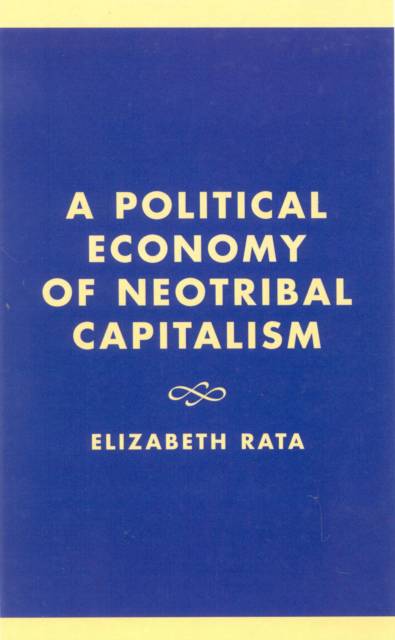
Door een staking bij bpost kan je online bestelling op dit moment iets langer onderweg zijn dan voorzien. Dringend iets nodig? Onze winkels ontvangen jou met open armen!
- Afhalen na 1 uur in een winkel met voorraad
- Gratis thuislevering in België vanaf € 30
- Ruim aanbod met 7 miljoen producten
Door een staking bij bpost kan je online bestelling op dit moment iets langer onderweg zijn dan voorzien. Dringend iets nodig? Onze winkels ontvangen jou met open armen!
- Afhalen na 1 uur in een winkel met voorraad
- Gratis thuislevering in België vanaf € 30
- Ruim aanbod met 7 miljoen producten
Zoeken
Omschrijving
Among the unintended and largely unforeseen consequences of globalization are the fundamental transformations of local relationships, both economic and cultural, that occur within communities drawn into the predominantly capitalist world economy. Democracy, once considered the essential political mode of regulation for successful capitalist economies, is being replaced by nondemocratic modes of social organization as localized responses to global forces, such as Maori tribalization in New Zealand, are subverted and transformed.
A Political Economy of Neotribal Capitalism looks at the past three decades in New Zealand and the shifts in the relationship between the indigenous Maori people and the dominant Pakeha (white) society to illustrate these fundamental changes to national political, social, and economic structures. The book includes a case study of a Maori family, a theoretical exploration of the concept of "neotribal capitalism," and discussions of themes such as changing socioeconomic relations; new social movements; the indigenization of ethnicity; dominant group-ethnic group realignment; and the antidemocratic ideologies of late capitalism-themes of interest to students of world political economics, international relations, and anthropology.
A Political Economy of Neotribal Capitalism looks at the past three decades in New Zealand and the shifts in the relationship between the indigenous Maori people and the dominant Pakeha (white) society to illustrate these fundamental changes to national political, social, and economic structures. The book includes a case study of a Maori family, a theoretical exploration of the concept of "neotribal capitalism," and discussions of themes such as changing socioeconomic relations; new social movements; the indigenization of ethnicity; dominant group-ethnic group realignment; and the antidemocratic ideologies of late capitalism-themes of interest to students of world political economics, international relations, and anthropology.
Specificaties
Betrokkenen
- Auteur(s):
- Uitgeverij:
Inhoud
- Aantal bladzijden:
- 288
- Taal:
- Engels
Eigenschappen
- Productcode (EAN):
- 9780739100684
- Verschijningsdatum:
- 9/03/2000
- Uitvoering:
- Hardcover
- Formaat:
- Genaaid
- Afmetingen:
- 163 mm x 240 mm
- Gewicht:
- 535 g

Alleen bij Standaard Boekhandel
+ 457 punten op je klantenkaart van Standaard Boekhandel
Beoordelingen
We publiceren alleen reviews die voldoen aan de voorwaarden voor reviews. Bekijk onze voorwaarden voor reviews.











